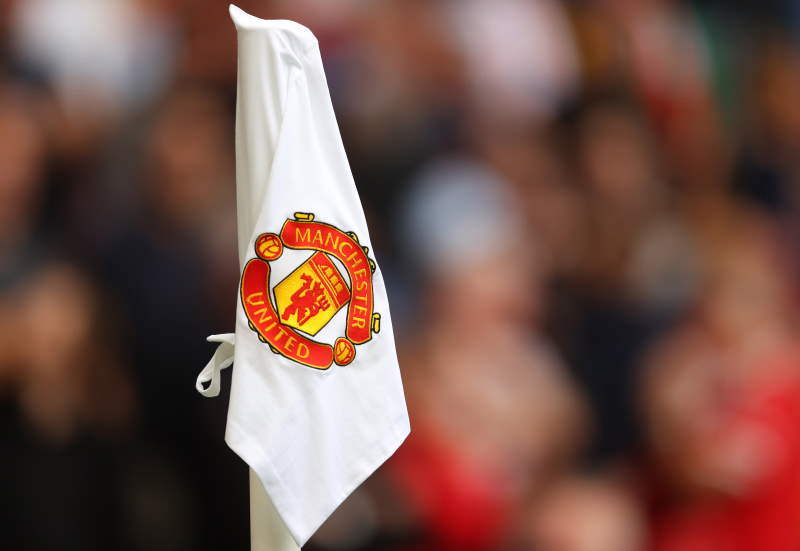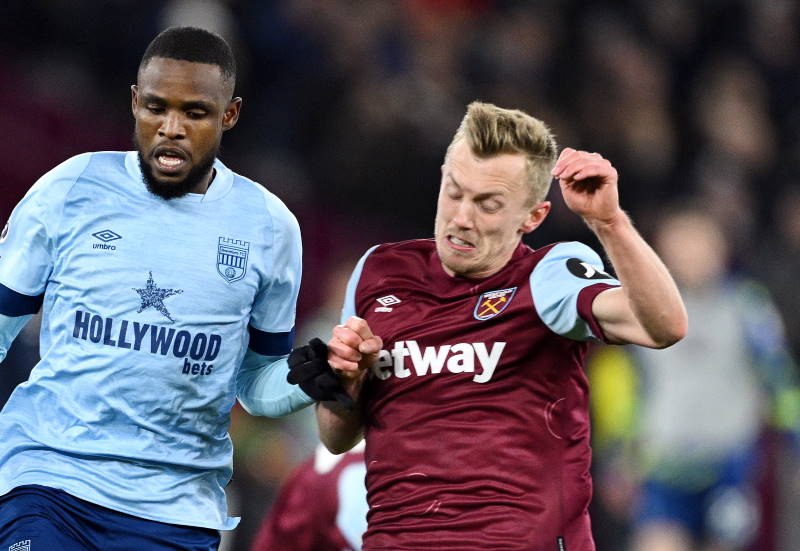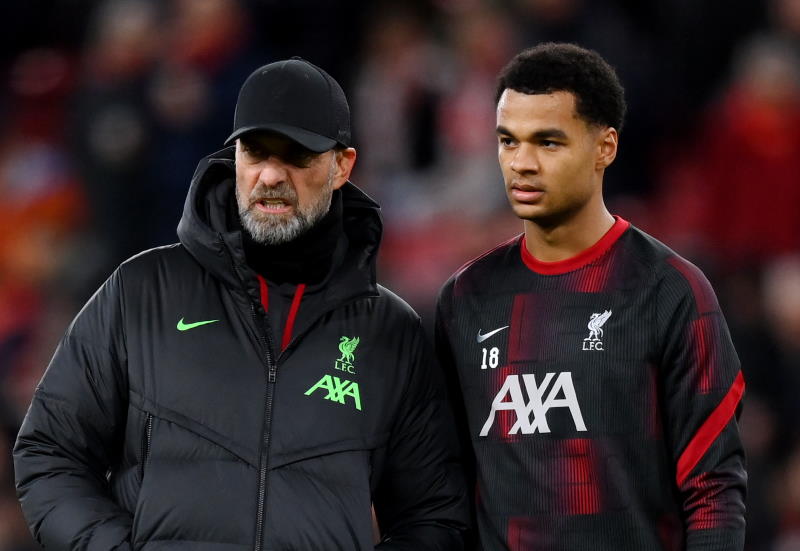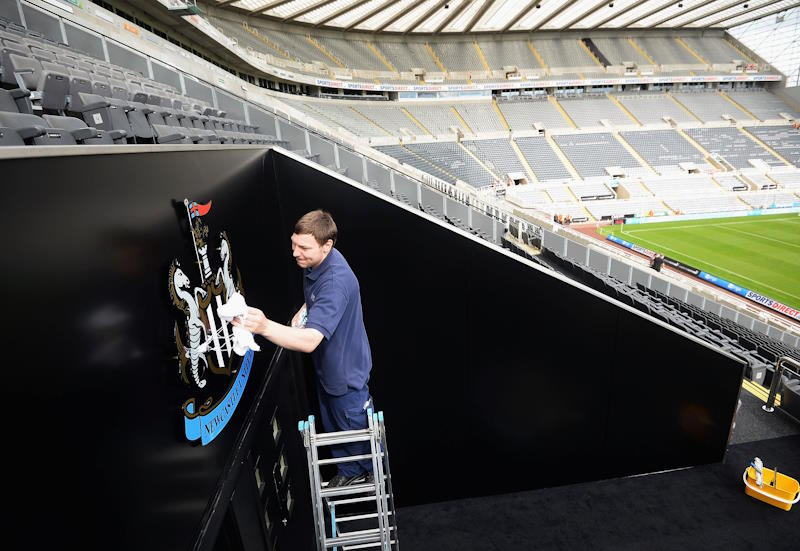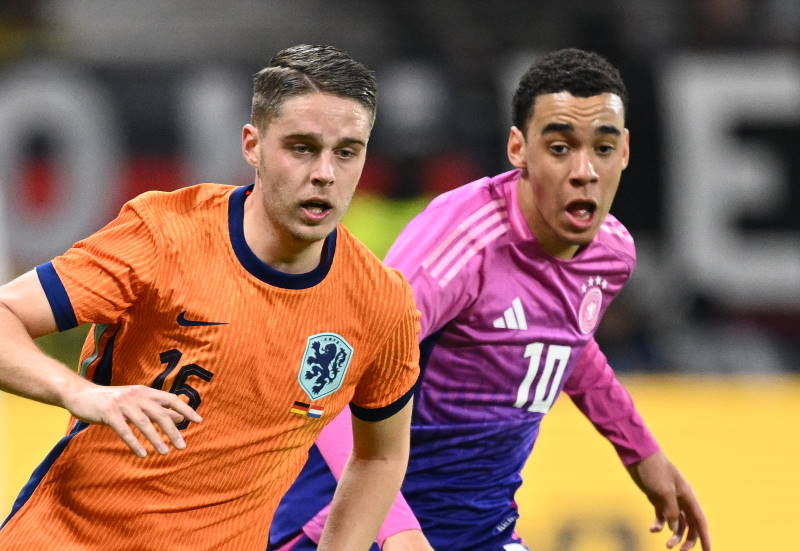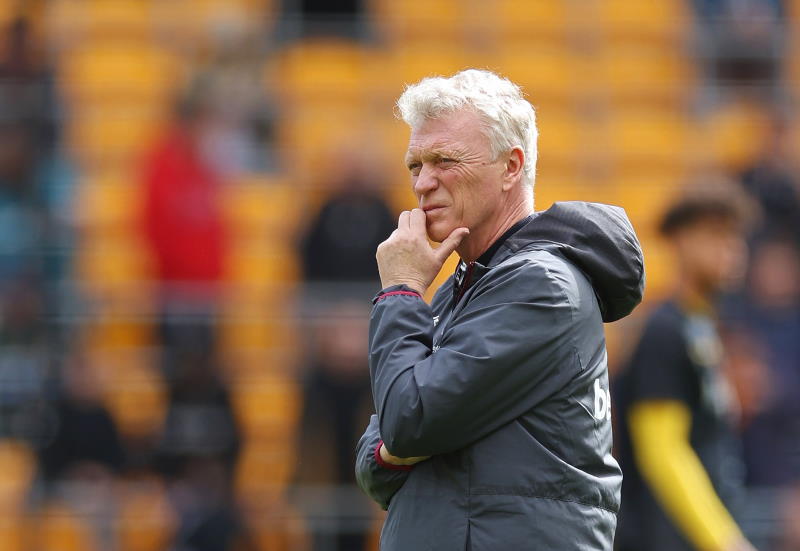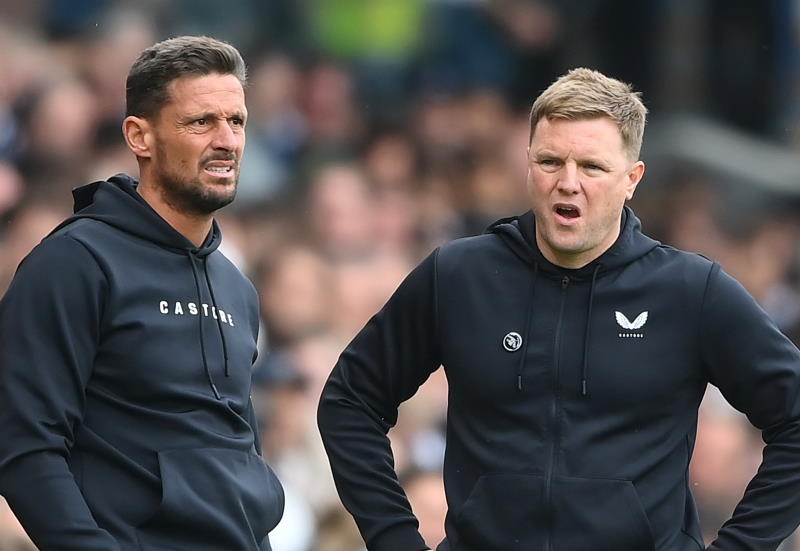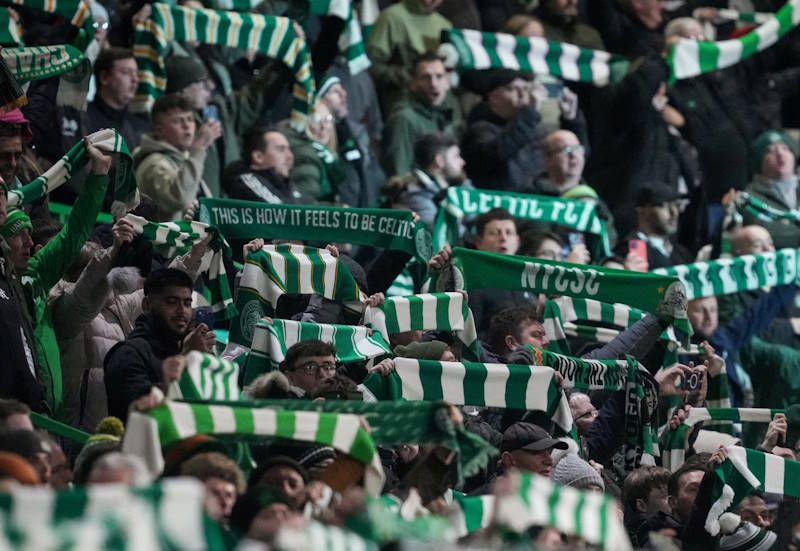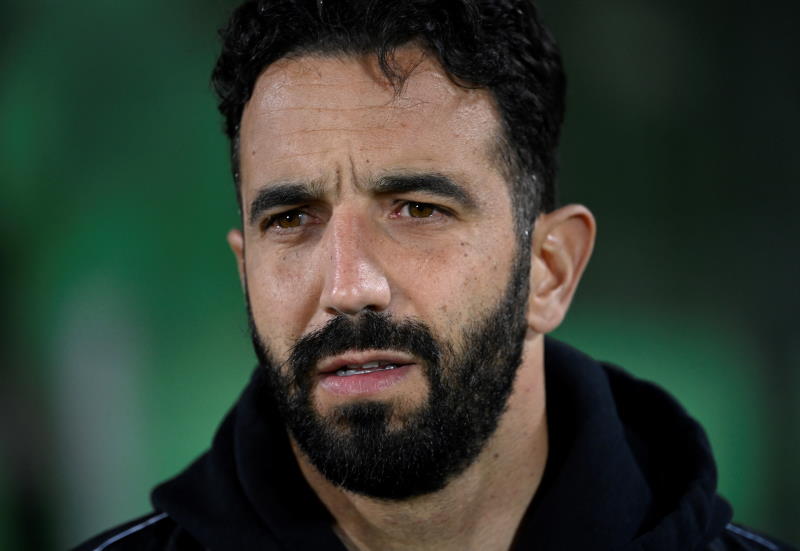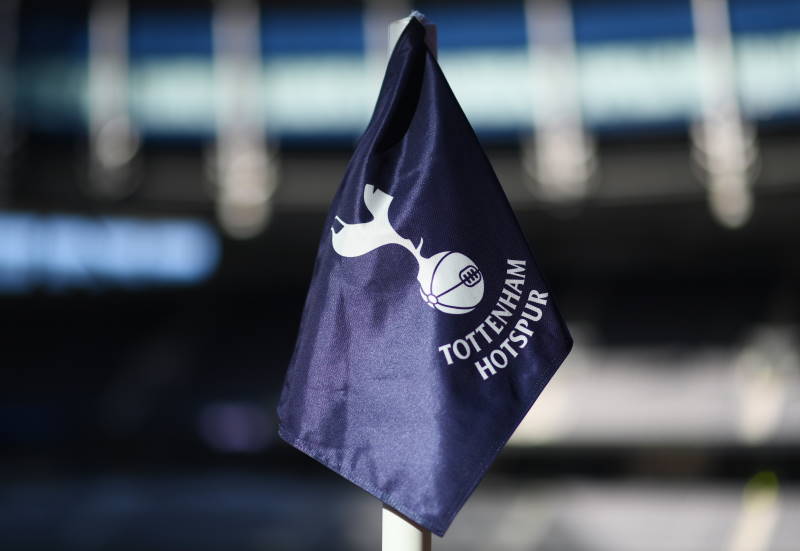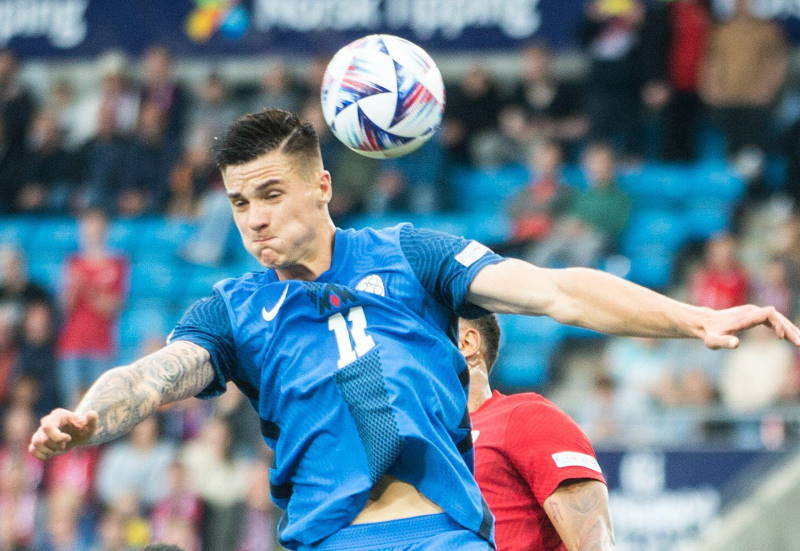
Phillip Buckley
Liverpool manager Brendan Rodgers has always been media savvy in a way former Reds boss Roy Hodgson could only dream about. Smooth words, backed up on the pitch, have bought Rodgers credit with the Liverpool fans, who spent most of last season dreaming of an end to a 24-year top flight title wait. But all Rodgers’ smooth talking cannot disguise the fact that it increasingly appears that at Anfield the emperor has no clothes, despite over £100m being spent on material from far and wide, and transfer mistakes are now threatening to leave Liverpool fans with little more than faith to back up their belief in Rodgers’ reign. But here too the Northern Irishman has little wood Reds supporters can burn to keep them warm in the winter.
Last season Liverpool swept almost all before them at home. Glorious attacking football demolished opposing sides, a red whirlwind blowing through defensive foundations rival managers thought were solid. When the storm came, as it frequently did, walls crumbled and goalkeepers ran for cover. Of course, Luis Suarez was the eye of the storm, a raging bull determined to right the wrongs he felt had been meted out to him by a biased English media and a football association who would always take an establishment view against the insurgent Reds. Suarez, no doubt, powered Liverpool. The Uruguayan was the battery that wouldn’t die.
Given a never-ending charge by sitting in the stands through the overhang of a ten-game ban for biting Chelsea defender Branislav Ivanovic the previous season, Suarez again and again dragged his side forward. It wasn’t always the case that he was the difference-maker in his play. Often teams would worry so much about Suarez, both before and during the game, that his team-mates could make hay, Daniel Sturridge finding the goalscoring boots managers aplenty had believed him to have from an early age.
Amongst the top three players in world football, Suarez was someone to die in the ditch for, doing even in ban-affected seasons what others couldn’t replicate in a lifetime and bringing real, tangible meaning to what world-class actually is. Liverpool’s quick-fire sale of Suarez to Barcelona this summer, a story which has yet to be fully explained, did rob the Reds of their talisman, but even so, a £100m plus summer spending spree should have filled the hole to some extent.
Rodgers, handed a cheque book to turn runners-up into champions, or at the very least, top four certainties, would have done well to pause before spending like a drunken sailor. The Northern Irishman didn’t have to look too far to see what happens when money is frittered away. Indeed, he used the example of Tottenham’s spending of in excess of £100m to almost mock the White Hart Lane side in March last season. “Tottenham were a team maybe looking to challenge for the league this season”, Rodgers said, from a lofty spot at the top end of the table. “They spent £100-odd million on a group that was set up to challenge.” It says much that just six months later, Rodgers was having to bat away comparisons with Spurs’ ill-fated spending spree. “It’s a different club, it’s a different vision that we have here”, the Liverpool manager asserted. “At Liverpool there’s a strategy behind what we’re doing.”
That strategy, or lack of it, is now the subject of fierce debate. Liverpool sold Suarez to Barcelona on 11th July, but only brought in the man slated to replace at least part of his goals on 21st August, with the signing of Mario Balotelli; Rodgers has admitted that the Italian was not his first choice, commenting: “I always said it was about availability and affordability of players. Mario was the one right at the very end of who was available for that.” Balotelli, who often looks more disinterested than a teenager on a Saturday morning trip to IKEA, would himself be shocked to learn he was part of Rodgers’ “strategy”. In all likelihood, the former Manchester City man wasn’t, but was a very late throw of a very desperate dice thrower, who realised he soon wouldn’t be able to move his wrist.
Rodgers also spent heavily elsewhere, splashing big cash on Dejan Lovren, Adam Lallana, Emre Can, Lazar Markovic and Alberto Moreno. Against Chelsea, a recent 2-1 defeat, Rodgers didn’t even consider Lallana and Markovic good enough to feature. Over £40m worth of talent deemed unable to make the difference, while the Northern Irishman turned to Fabio Borini and Rickie Lambert off the bench, the former having been the subject of two accepted offers over the summer (from QPR and Sunderland) and the latter a £4.5m capture from Southampton; Liverpool’s bench against the Blues at Anfield came in at a total cost in transfer fees to the club of £60m.
Passing judgement on a team so early in the season is often foolhardy, yet finding a Liverpool fan who believes the Reds will come as close to the title as last term is already mission impossible, while those who are certain of a top four finish are also a dwindling band. Over £100m may not have been wasted, but it has also certainly not delivered £100m worth of improvement at Anfield. Rodgers, in his haste, forgot a rule all too well known by the world-class managers with whom he aspires to sit – don’t spend for spending’s sake. Now the Northern Irishman could end up presiding over a season which sees Liverpool go backwards, throwing away last term’s good work and losing him precious allies amongst the club’s fans.
“It’s good to wait for the right player instead of doing it [buying] if you are not happy, even if you do it [continue] without the right player”, Chelsea boss Jose Mourinho said in October. “So, wait until you get the right one and if you can’t do it in that moment, wait.”
Unfortunately, Mourinho’s words came too late for Rodgers, who now spends his time holding the top of a training bib open only for Balotelli to somehow force his head through the arm hole for the umpteenth time.
At Manchester United, Louis van Gaal has adopted a similar approach, refusing to sanction the signings of players he did not consider top targets. The Dutchman has preferred to make do without defensive and midfield signings many deem necessary, openly admitting his squad lacks balance, as his targets remain out of reach. Manchester United’s stance has been reiterated by the club’s chief executive, who ruled out buying sticking plaster options in January. Ed Woodward said: “We are not looking for short-term fixes. We have targets for next summer, should they become available in January we will have to look at it, but it is a low probability.” When Van Gaal did buy, he bought proven quality. Radamel Falcao and Angel di Maria would be considered world-class by the vast majority, while Daley Blind, so impressive at the World Cup, cost less than Rodgers' spent on Joe Allen, while Marcos Rojo came in cheaper than Lovren; Luke Shaw and Ander Herrera were expensive captures agreed before the Dutchman took over.
Sometimes, not spending money is the bravest thing to do. Rodgers, whose record in the transfer market with Liverpool is largely poor, with the exception of Philippe Coutinho and Sturridge, needed to treat a £100m plus kitty with kid gloves, marking out key men who would really take the Reds to the next level and settling for nothing less. Few at Anfield would have bemoaned no Lallana if in 12 months’ time it meant the arrival of Marco Reus, while Lovren could have been lived without were Mats Hummels to be a 2015 signing. Rodgers, with enough credit in the bank, would have survived a frugal summer; he had no need to ship out Pepe Reina or Daniel Agger, with the only conceivable reason being his unease with their strong, straight talking personalities. What he may not survive is a big-spending summer while taking the Reds back into the icy cold of no Champions League football.
Rodgers now desperately hopes his signings come good: Lovren, overlooked by previous Liverpool regimes during his spell at Lyon as too slow, Markovic, visiting Stamford Bridge last year with a Chelsea move appearing all but certain until the Blues cooled their interest, Lallana, burdened by a high transfer fee that English talent demands, Can, whose slow pace of play is already concerning the Reds coaching staff, Lambert, a workhorse, high on sweat, low on inspiration, and Balotelli, a man with undoubted raw talent, but the game intelligence of Titus Bramble. Liverpool’s owners, meanwhile, will watch and wait. In years gone by, Rodgers would be all but guaranteed one, perhaps two more seasons, even if Liverpool slipped backwards and out of the Champions League. The club’s current American owners are more of an unknown quantity though, with Kenny Dalglish paying the price for expensive transfer flops and not even his status as a club legend and a shiny trophy on the sideboard buying him another 12 months.
But maybe Rodgers just needs to learn. Mourinho and Van Gaal have been round the block, won trophies and have the route to success programmed into their sat nav. They might not always reach the destination, but they have enough souvenirs from the gift shop to inspire faith that they can plot a course there once again. Rodgers, and the 180-page dossier he used to convince Liverpool he was the man for the job, will ask Reds fans for faith if it all goes wrong. But without proof positive he knows where he is going, will that faith be forthcoming? And will he wish he had waited before pulling the trigger on so many expensive deals this summer, especially when he is unlikely to ever have the same kitty at his disposal ever again?

